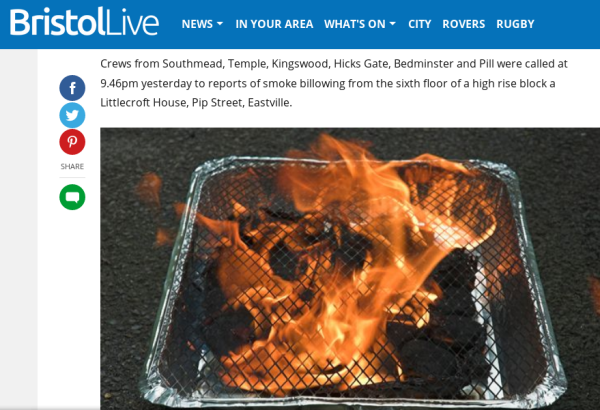It seems we live in a society that knows the cost of everything and the value of nothing.
On Monday Kent Online reported that Kent County Council is expecting to spend £1.5 million more than the central government funding it has received to support unaccompanied asylum-seeking children (UASC) who left the care system during the current local authority financial year.
The county has received a total of £6.9 million from the Home Office and Department for Education to help more than 900 young people who have entered the UK unaccompanied, but is looking at costs of £8.4 million.
According to council officers, part of the problem is apparently “a shortage of translators [sic] living in the area.”
However, one reason for the higher costs can be laid firmly at the government’s door. The government has decided to extend support for all care leavers up to the age of 25 years; it was previously 21.
Legal costs and the immigration application process are also factors that have resulted in higher costs.
Kent’s Director for children’s integrated services, Sarah Hammond, seems to understand the value of interpreters. She is reported as saying the following:
It’s absolutely critical both for the young people and social workers that there is no window of doubt what the young person is saying. For that reason, we have to use trained and certified interpreters.
The validity of the assessment work we do would fall away if we were not able to demonstrate we had the right quality and accreditation of a translation body – and that comes with significant costs.
The reality is the majority of interpreters are coming from outside of the county, so we are incurring travel costs as well as their professional fees.
The very words Kent Online quoted Sarah Hammond as saying shows that she at least recognises the value of understanding. Young refugee people leaving care might not always have had much opportunity to become fluent enough in English to deal with whole panoply of officialdom and bureaucracy one has to deal with once past the age of majority in the UK; and one way to ensure both parties achieve full comprehension is by using qualified linguists.
The consequences of using unqualified interpreters has been amply illustrated down the years by the Ministry of Justice’s disastrous outsourcing of police and court language services, which is still continuing, as shown by this example from the north east of England.
Ms Hammond’s comments are in marked contrast to the reaction of the sole councillor quoted, Conservative Rosalind Banks, who remarked: “I suspect if the translation costs were made known to the average resident of Kent, they might turn around and say I’m sure this could be done a lot cheaper“.
Cheaper, councillor? We linguists are skilled professionals, in case you hadn’t noticed.
Needless to say, the councillor’s ignorant, penny-pinching sentiments are reflected in the comments below the piece, the majority of which are xenophobic, if not bordering on the racist.




 The origins of the phrase stretch back to the Victorian era and refer to the use of coin-operated locks on public toilets in the UK. Such locks were first used in a public toilet outside London’s Royal Exchange in the 1850s.
The origins of the phrase stretch back to the Victorian era and refer to the use of coin-operated locks on public toilets in the UK. Such locks were first used in a public toilet outside London’s Royal Exchange in the 1850s.



